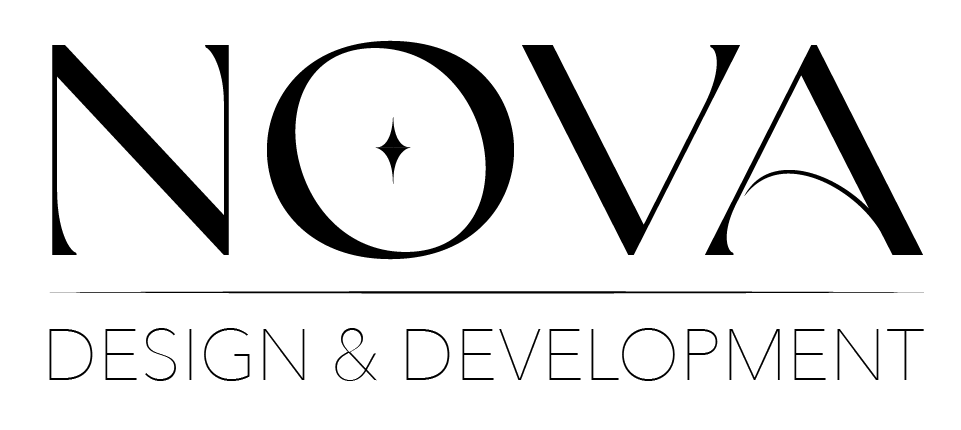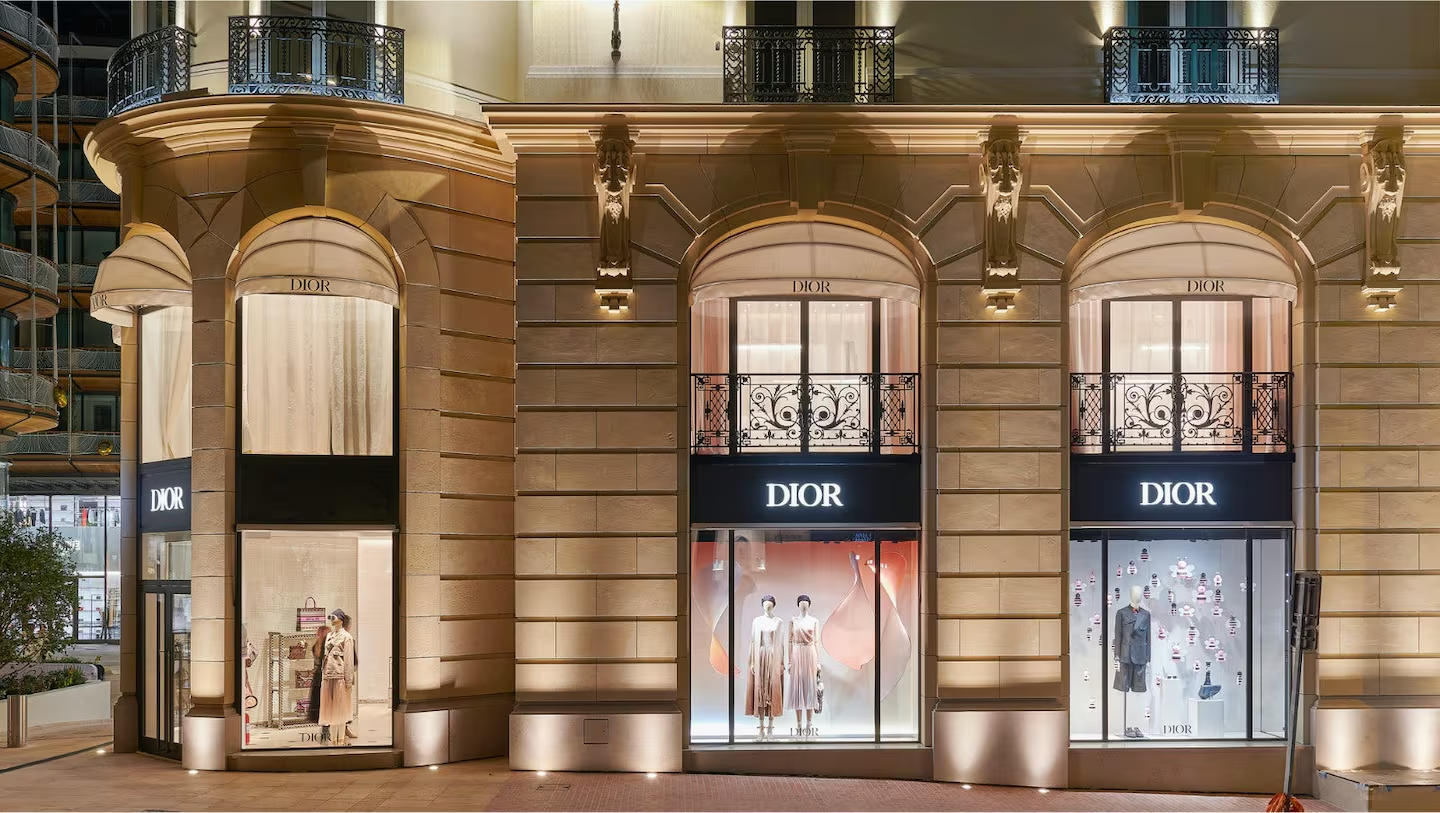Ethical Production in Luxury Fashion: The Need for Transparency
The luxury fashion industry has long been a source of aspiration, with iconic brands and exquisite craftsmanship forming the backbone of its reputation. However, recent developments have spotlighted troubling labor practices within this glamorous sector. An Italian subsidiary of luxury giant LVMH, responsible for Dior-branded handbags, was recently placed under court administration after an investigation revealed alleged mistreatment of workers by subcontractors. Similar actions were taken earlier this year against suppliers of Giorgio Armani. These cases highlight a systemic issue: the pressing need for brands to not only know where their products are made but also to rigorously monitor labor conditions throughout their supply chains.
The Systemic Problem in Fashion Supply Chains
Investigations into Dior’s suppliers reveal a disturbing reality: some contractors allegedly removed safety devices from machines to increase production speed, subjected workers to unhygienic living conditions, and even enforced round-the-clock work availability. Cutting corners allowed Dior to curb production costs down to as little as €53 ($57) for handbags that are otherwise sold at €2,600 ($2,794). Such practices aren’t isolated but reflect what Milan’s court described as a “generalized and consolidated manufacturing method” in parts of the luxury industry. This environment is driven by the demand for high-profit margins, often at the expense of labor rights.
Italian police inspections in March and April this year unearthed more details, finding workers living in substandard conditions and some employed illegally. This pattern extends beyond Dior, with earlier probes revealing similar issues within the supply chain of Italian luxury brand Giorgio Armani. The message is clear: without transparency and proactive oversight, the allure of high profits can perpetuate labor exploitation.
Why Brands Must Know Where and How Their Goods Are Produced
Transparency in supply chains is essential—not just to avoid reputational risks but to prevent exploitation and ensure ethical practices. Here are three critical reasons why brands need to be aware of every step in their production processes:
Upholding Brand Integrity and Consumer Trust: Luxury consumers expect high-quality products, and increasingly, they also demand ethical practices. When brands are transparent about their production, consumers are more likely to develop loyalty, appreciating that a company prioritizes the wellbeing of those involved in the making of each item. Ethical integrity strengthens brand value and builds trust.
Preventing Worker Exploitation: Subcontracting can allow major brands to distance themselves from unethical practices. However, knowing and overseeing every tier of production—from direct suppliers to subcontractors—helps companies prevent labor abuses, such as undocumented employment, poor working conditions, and unfair wages. By reducing subcontracting or conducting regular audits, brands can mitigate these risks and foster a fairer industry.
Navigating Legal and Compliance Risks: Courts and regulatory bodies are increasingly vigilant about labor standards. By committing to transparency and maintaining close oversight, brands avoid the legal pitfalls that come with failing to meet these standards. With proactive measures, companies can stay ahead of legal requirements, safeguarding their reputation and ensuring compliance with evolving regulations.
Moving Toward Responsible and Transparent Production
At Nova Design and Development, we believe that ethical production and quality go hand in hand. By helping brands build transparent and ethical supply chains, we aim to protect both workers and the brands themselves. Our services include supplier selection, ongoing compliance checks, and comprehensive oversight to minimize risk and maintain accountability throughout the supply chain.
Cases like Dior’s underscore the need for brands to take a stand. Responsible production and transparency are not optional in today’s world if we want to reduce the effects of climate change and ensure fair wages for artisans. By working together to create responsible supply chains, we can contribute to a luxury fashion industry that values not only style and quality but also the dignity and rights of every individual involved.

